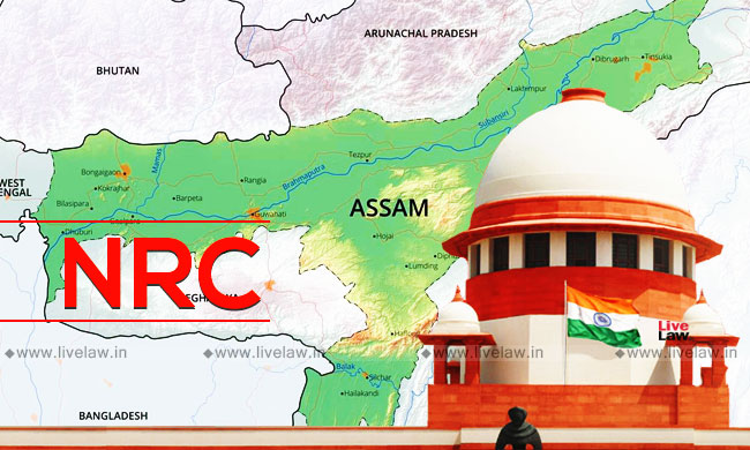A Constitution Bench of the Supreme Court, on Tuesday, framed the preliminary issue in the matter concerning the constitutional validity of Section 6A of the Citizenship Act inserted by way of an amendment in 1985 in furtherance of the Assam Accord. The bench noted that the issue - "Whether Section 6A of the Citizenship Act suffers from any constitutional infirmity?" covered all other issues...

